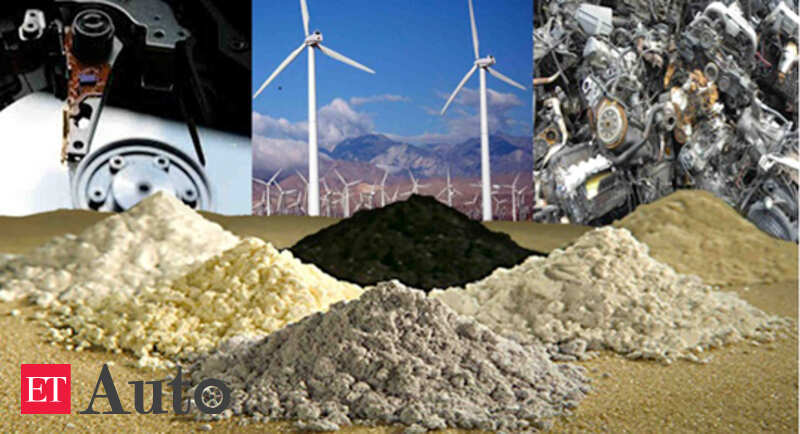
metal refining bacteria: Bacteria enlisted in French push for rare earths autonomy, Auto News, ET Auto
"The bacteria allows us to do this at relatively low temperatures, between 30 and 50 degrees (85-120 Fahrenheit)," Guezennec said. "And it doesn't need to be pressurised, so these are very stable processes that are not very expensive. "After years of testing, the lab is preparing to launch tests for large-scale production, extracting rare earths and cobalt, copper and nickel from slag heaps in Finland and New Caledonia. "Normally magnets make up 1.5 to 3 percent of a hard disk," said Nour-eddine Menad, an engineer at the lab's waste and raw materials unit. "That means in two tonnes, you can recover 30 to 35 kilogrammes (65-75 pounds) of magnets," he said.
Source: Economic Times July 20, 2021 09:45 UTC


